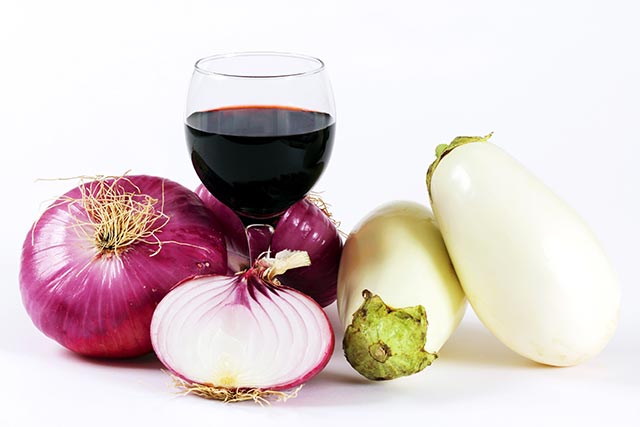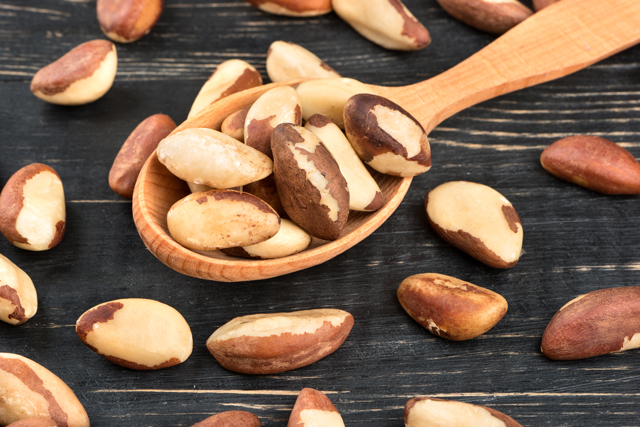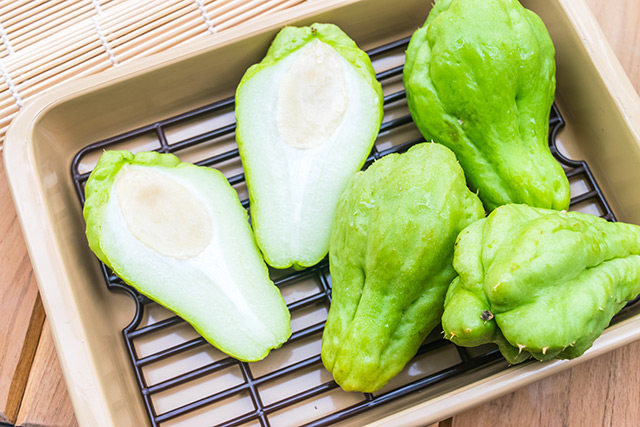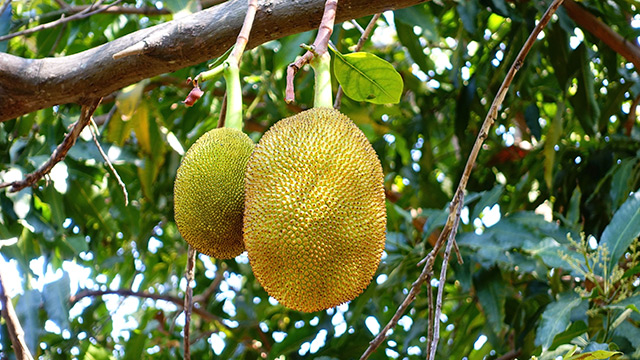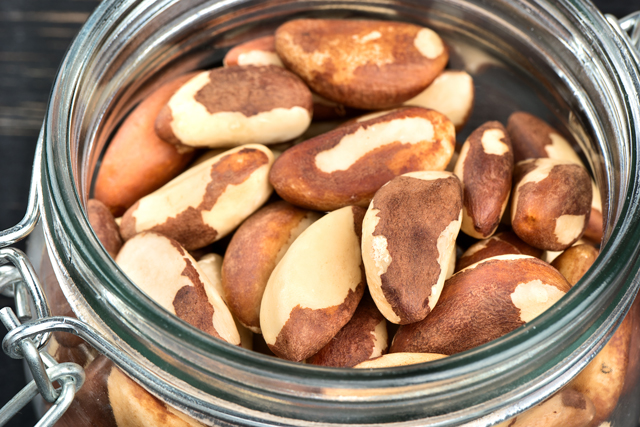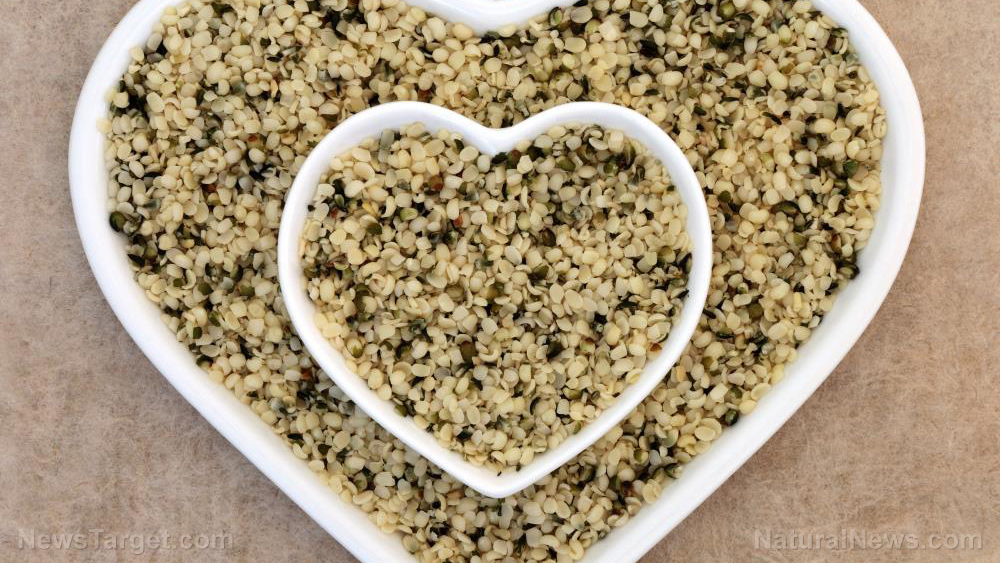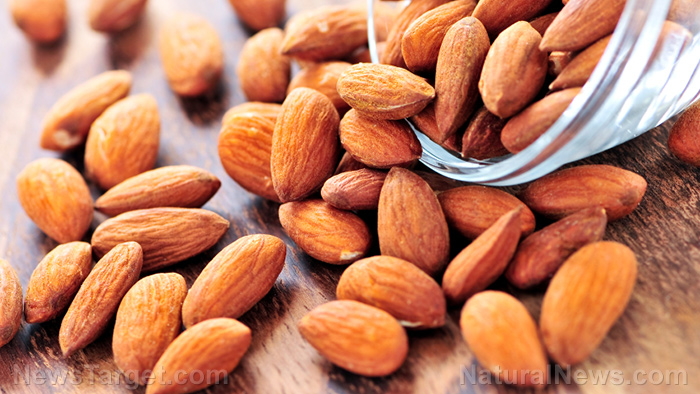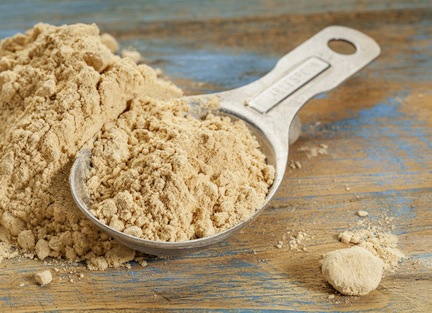Curcumin is your heart’s best friend: Three ways the compound protects you from life-threatening cardiac events
05/31/2018 / By Isabelle Z.

What do you do to avoid heart disease? Are you eating a healthy diet and getting plenty of exercise? Perhaps your doctor has convinced you to take medications like ACE inhibitors? If you think you’re already doing everything you can for hearth health – or if you’re taking meds and worried about the risk – you’ll want to hear about curcumin’s amazing ability to reduce your risk of experiencing a life-threatening cardiac event.
Curcumin is found in turmeric, and it’s what gives this Indian spice its vibrant yellow-orange hue. It’s already known for its anti-inflammatory properties, and lots of studies have shown its potential utility in preventing and managing cancer thanks to its ability to inhibit blood vessel growth in cancer tumors and prompt cancer cells to die. While this remarkable power has rightfully stolen many of the turmeric-related headlines, its benefits don’t end there. Here’s a look at three ways curcumin can protect your heart.
1. It enhances your arterial function
If you’ve been having trouble getting in regular exercise for heart health, you’ll be happy to hear that curcumin works just as well as exercise does at enhancing the function of your arteries. A 2012 study published in Nutrition found that just 150 grams of curcumin per day was as effective as performing aerobic exercise moderately in improving the function of the endothelium. This layer of cells that line blood vessels helps to control blood clotting and blood cell stickiness, tone and consistency.
It’s believed that curcumin accomplishes this by boosting the production of nitric oxide, which causes the smooth muscle in blood vessels to relax and allows the vessels to dilate. Curcumin also lowers blood pressure and boosts blood flow by suppressing receptors for angiotensin, which stimulates arterial muscle contraction. In this way, curcumin actually works much like the ACE inhibitor meds often used to treat high blood pressure – without the side effects!
2. It keeps high blood sugar from damaging the heart
If you thought high blood sugar wasn’t closely connected to heart health, think again. High blood sugar can cause damage to the heart as well as the blood vessels, which explains why diabetics have as much as three times the likelihood of dying from heart disease as those who don’t have diabetes. High blood sugar impairs the heart muscle’s function over time, raising the risk of heart attack. Curcumin, however, decreases oxidative stress, thereby preventing heart muscle tissue from dying from high glucose. It also suppresses the production of the advanced glycation end products that lead to restricted arterial flow and artery dysfunction and stiffening.
3. It improves cholesterol
A study found that supplementing with 1 gram of curcumin per day and the lycopene extract biopene significantly reduced people’s levels of LDL cholesterol – the bad kind – while raising HDL, or “good cholesterol.” It also limits the formation of plaque in arteries and reduces triglycerides. In addition, it can lead to a reduction in abdominal fat, which has been linked to several serious health problems. It’s believed that it accomplishes this by normalizing the levels of signaling molecules governing body fat distribution known as leptin and adiponectin.
As you can see, curcumin brings a host of benefits when it comes to heart health, adding to an already impressive resume. In addition to its cancer-fighting abilities, it can also boost your brain health and strengthen your immune system and bones. When you throw its ability to support reproductive health, kidneys, and eyes into the mix, it’s hard to find any part of the body that curcumin doesn’t seem to help.
Sources for this article include:
Tagged Under:

